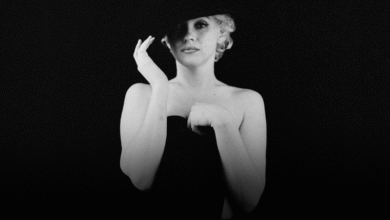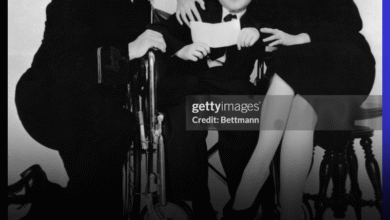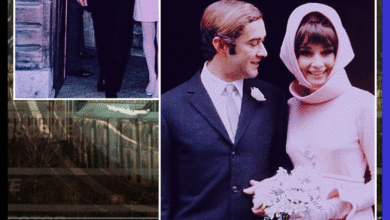Clint Eastwood Takes on Hollywood’s Most Eccentric Legend – The Untold Story of White Hunter Black Heart
OPINION: This article may contain commentary which reflects the author's opinion.
Clint Eastwood has built a reputation on efficiency, minimalism, and quiet intensity—on screen and behind the camera. But in 1990, the legendary filmmaker took an uncharacteristically introspective turn with White Hunter Black Heart, a haunting and underappreciated drama that remains the only film he’s ever directed specifically about the act—and psychological toll—of filmmaking itself. Unlike other industry odes to the craft, this was no love letter. It was a warning.
In White Hunter Black Heart, Eastwood plays John Wilson, an uncompromising and egotistical Hollywood director determined to shoot his next project in Africa—not for artistic reasons, but to satisfy his desire to hunt an elephant. The character is a thinly veiled version of John Huston, the real-life director of The African Queen, whose larger-than-life persona and rumored obsession with big game hunting inspired the novel by Peter Viertel, which the film adapts. Eastwood’s Wilson is not a tortured genius but a man spiraling into obsession, his creative drive eclipsed by a morally dubious fixation.
This portrayal is especially striking coming from Eastwood, who by the late 1980s was moving beyond the macho bravado of Harry Callahan and into more personal, introspective work. He made Bird, a meditative biopic on Charlie Parker, and pushed against Hollywood’s blockbuster expectations. White Hunter Black Heart came out the same year as his buddy-cop crowd-pleaser The Rookie, but stood in stark contrast—intellectually dense, emotionally murky, and unafraid to examine the dark side of artistic ambition.
While Viertel’s account of Huston is speculative, Eastwood uses it as a vehicle to explore his own legacy. Wilson, like many Eastwood characters, is morally complex—perhaps a projection of the man Eastwood feared he could become if he gave in to ego and impulse. This is not the action hero or the rugged Western loner; this is a filmmaker who mistakes control for genius, who lets vanity masquerade as vision.
Critics and audiences didn’t know what to make of it at the time. Overshadowed by Eastwood’s more conventional hits and arriving just two years before Unforgiven redefined his career, White Hunter Black Heart has since become a hidden gem for those willing to dive deeper into Eastwood’s psyche. It’s a film that foreshadowed the thematic richness that would define his later work, such as Mystic River, Million Dollar Baby, and Gran Torino.
Visually, the film embraces the exotic grandeur of Africa while contrasting it with the moral decay of its lead character. Narratively, it is part showbiz drama, part existential fable, and part slow-burning character study. It asks not what greatness costs—but whether the pursuit of greatness itself can become a destructive delusion.
In the end, White Hunter Black Heart is Clint Eastwood’s most nakedly self-aware film. It’s not just a story about a director driven to madness. It’s a quietly blistering meditation on the burden of legacy, the seduction of ego, and the dangerous things artists sometimes chase beyond the camera’s frame. For Eastwood, a man often defined by restraint, this was a rare and revealing detour into the depths of obsession.



